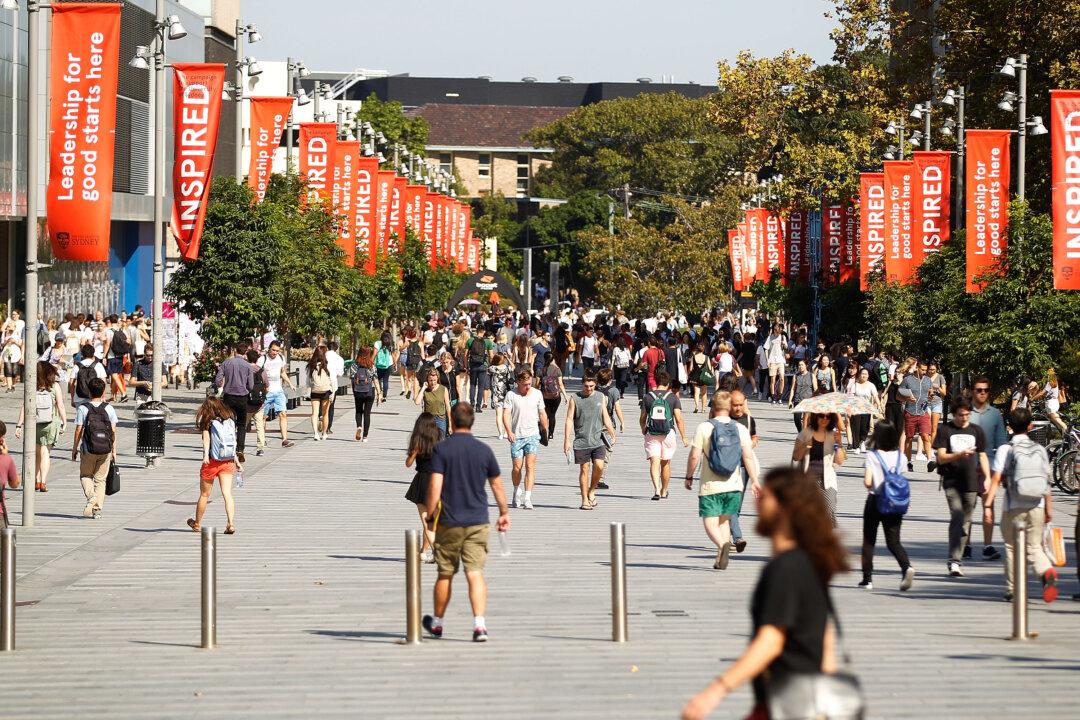Australia has strengthened its university foreign interference guidelines to protect students, staff, and research by assisting the process of better identifying and responding to risks.
Australia’s education institutions will be required to assess staff at risk of foreign interference. These identified individuals will be required to reveal any links to foreign governments, military, or intelligence organisations.





